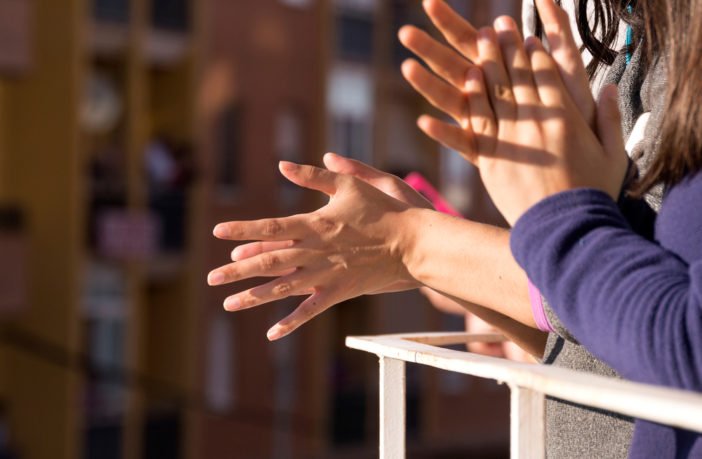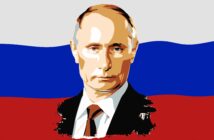Dr Cristina Chimisso considers the constraints placed on all of us across the world to live in isolation and confinement and keep a social distance, yet the paradox philosophically of needing to act together. She draws on the writings of Hannah Arendt in discussing what it might mean today to ‘act in concert’ and the possible power evoked by this.
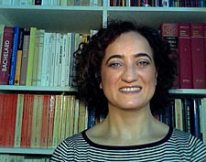
Dr Cristina Chimisso is Senior Lecturer in Philosophy and European Studies at The Open University.
She writes:
“Due to the COVID-19 pandemic, in the last few weeks we have been asked to change our individual and collective behaviour to an extent that few would have ever imagined. We are asked to go out only when necessary and not to meet friends and loved ones.
“When we do go out, we must observe new and strange rules, including keeping two metres away from other people, going into shops one at the time, and avoiding public transport.
There seems almost to be a paradox. On the one hand, it seems that only concerted action can be effective in stopping, or at least slowing down, the infection. On the other hand, each of us is asked to distance ourselves from others. Are we together in this, or each isolated and lonely?
Are we empowered by our new collective behaviour, the power being that of defeating an invisible enemy that threatens our lives and our livelihoods? Or are we rather experiencing life as if under a type of dictatorship out of a dystopic novel, in which basic freedom of movement has been revoked?
Are we acting in concert? Should we focus on ourselves?
“The philosopher Hannah Arendt regards power as ‘the human ability not just to act, but to act in concert’. Are we acting in concert, in an Arendtian way, or are we rather isolated and lonely? And should we focus on ourselves, join online groups and discuss present and future situations, or should we perhaps read and watch the news, to feel part of a national, or even international community?
Some of us will choose to do something more active than complying with the new directives, including raising money, volunteering for the NHS, or making masks or other useful equipment. Do these actions bind us together, and empower us?
“Of course, each of us will choose what they prefer, and they think appropriate, within the new limits imposed on our freedom, which for many of us have never been as narrow as they are at present.
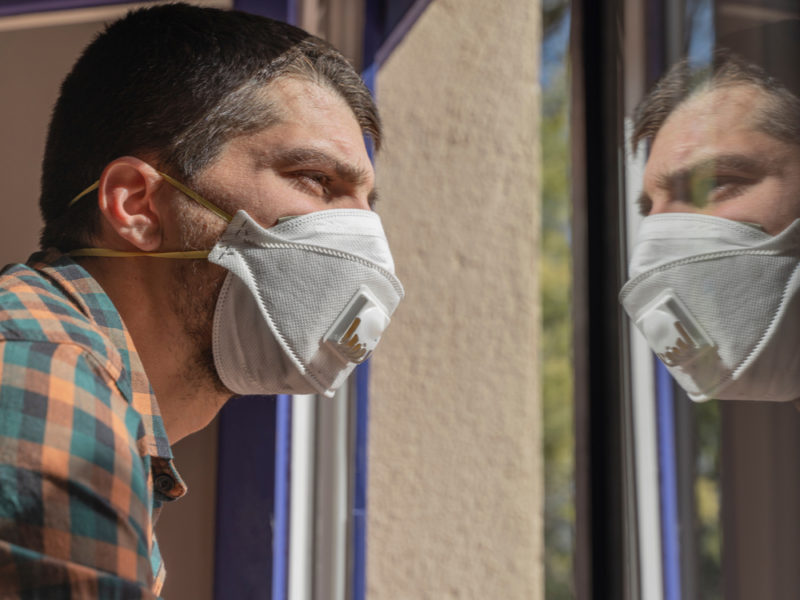
“At the same time, Arendt’s writings offer answers that are worth discussing. Despite her view of power as collective action, and her promotion of political engagement, she did not deny that we often must submit to authority ‘demanding instant, unquestioning recognition’.
“She reports that a minor incident on the New York subway resulted in a major and prolonged disruption of the whole system, because passengers refused to comply with instructions to leave a defective train (Arendt 1970). Of course, at present for us is not a matter of delayed journeys, but literally of life or death.
Arendt’s political communities are small in size, but powerful
“Our actions as human beings and citizens, however, cannot be reduced to following instructions. Whatever one’s identification with a nation, Arendt would not think that we are really empowered, in the sense of acquiring power to do what we set our mind to, by acting together with a vast number of people, without the intermediary of a smaller community.
“The political communities that Arendt has in mind are much smaller than a nation, and typically involve meaningful discussions and exchanges: not just hearing some people in authority, but being heard and making a difference. Not by chance, her models were rather idealised versions of the city states of ancient Greek, first of all Athens, and Republican Rome. Sadly, the small size of those political communities was achieved also due to the exclusion of the majority of people, including women and slaves.
“What about joining online groups to discuss what this pandemic is teaching us, and what are the best ways to act now and in the future? This is tricky. On the one hand, these groups seem updated versions of Arendt’s political communities, as their members may be able to act in concert and reach significant goals. However, most of them lack what for Arendt is crucial: a foundational agreement, a constitution and strong and formal bonds between their members. Yet, we may need to discuss what is not working in our societies, which this emergency may reveal to us with unusual starkness.
Does our physical isolation inevitably lead to loneliness? Individual responses vary greatly, depending not only on individual inclinations, but also on life circumstances. For some, physical isolation may be painful and disconcerting, while others relish the chance to have a quieter period, perhaps to think and reflect, or concentrate on activities in which normally they have no time to engage.
A view of solitude that is opposed to loneliness
“In Arendt’s writings we find a view of solitude that is opposed to loneliness. How can being alone not be lonely at all? Because when we are on our own, and we think, reflect, and perhaps write, we engage in a dialogue.
“As philosophers know, in order to evaluate others’ ideas, as well as develop and clarify our own, we need this inner dialogue. And if we engage in solitary dialogue we are not alone.
However, for Arendt, inner dialogue, however crucial, will not on its own empower us. In order to have power, to make changes to society, we need to be part of a political community.
“In her words: ‘whoever, for whatever reasons, isolates himself and does not partake in such being together, forfeits power and becomes impotent, no matter how great his strength and how valid his reasons’ (Arendt 1998 [1958]).
“Arendt died in 1975, at a time when social media did not exist. It is difficult to guess what she would have thought of these communities, in which people from all over the world can discuss any type of issue with one another and feel close despite physical distance.
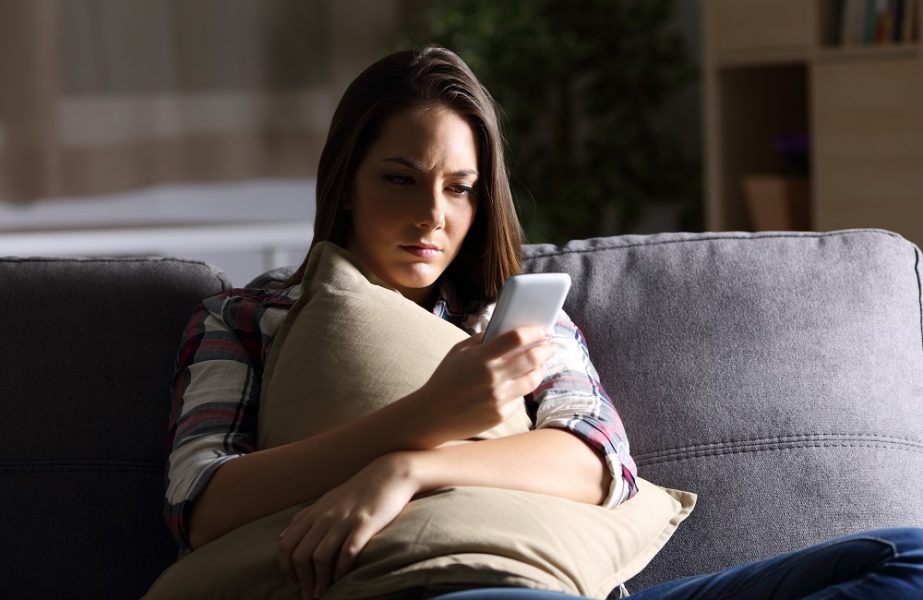
“During this emergency, people are using social media in a variety of ways, from organising support for vulnerable people in their area to creating online petitions. At the same time, on social media some people engage in aggressive and threatening behaviour.
“At times, we cannot even be sure that messages are authored by real people rather than ‘bots’. In this period of isolation, social media is a solace for some and a source of anxiety for others. Whether online communities can be anything like the communities that Arendt discusses is an open question.”
References
Arendt, Hannah. 1970. On violence. Orlando: Harcourt.
Arendt, Hannah. 1998 [1958]. The human condition. Chicago ; London: University of Chicago Press.
Further reading and studying
The MA in Philosophy at the Open University includes the study of Hannah Arendt’s philosophy: http://www.open.ac.uk/postgraduate/modules/a854
Jonathan Rée introduces the philosophy of Hannah Arendt on OpenLearn: https://www.open.edu/openlearn/history-the-arts/culture/philosophy/arendt
